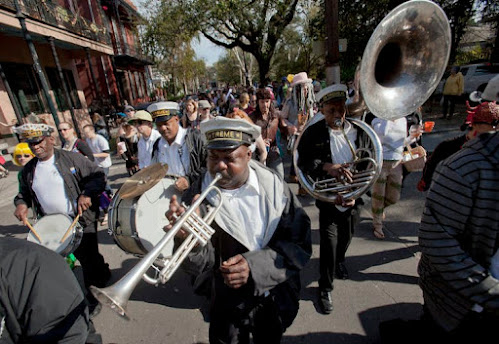Why background issues
As displayed in my current book, "Haiti and the Uses The u.s.a.," background forms where immigrants decide to develop their lives.
Outsiders go to the Unified Specifies in times of dilemma not at arbitrary however since historical connections factor them here. When nativists such as Head of state Surpass and Lawyer Basic Jeff Sessions describe immigrants as "bad guy aliens" – perpetuating the concept that immigrants are "getting into" the nation – they disregard this essential truth.
Motion from Haiti to the U.S. has its origins in colonial times, when British, French and Spanish investors traded coffee, cotton and mahogany in between both areas.
In the 1790s, countless white and mixed-race locals looked for sanctuary from an innovative battle in colonial Haiti, which was after that called Saint Domingue. Fleeing an uprising by enslaved women and men of African descent, French colonists boarded ships complying with historical profession paths to U.S. port cities such as Brand-new Orleans, Philadelphia and Brand-new York. Some brought with them individuals they had enslaved.
An approximated 10,000 Saint Dominguan revolution-era evacuees ultimately resettled in Louisiana, adding to the unique Creole background and society that defines Gulf cities such as Brand-new Orleans today.
By 1804 the island's revolutionaries had eliminated France to discovered Haiti. The U.S., nevertheless, didn't officially acknowledge Haitian self-reliance up till 1862.
Birthed of a slave disobedience, Haiti tested the authenticity of an American economic climate and culture based on racial pecking orders. In 1806, the U.S. federal government enforced a financial embargo on the island.
However a dynamic illegal profession persisted. In 1821, 45 percent of Haitian imports still originated from the U.S. Mengenal Ayam Bangkok Super Terbaik

Consequently, movement in between both countries proceeded, as well – and not simply from Haiti to the U.S. In the 1820s, some 13,000 African-Americans looked for sanctuary in Haiti, looking for flexibility from slavery, anti-black physical violence and absence of financial chance in the U.S.
From the 1820s to the 1870s, public and spiritual leaders, significantly Richard Allen of the African Methodist Episcopal Church and the Episcopalian Theodore James Holly, allowed comparable trips by working out straight with Haitian goings of specify.
Head of state Abraham Lincoln sustained such plans to send out African-Americans abroad – not simply to Haiti however likewise to Liberia, Main The u.s.a. and somewhere else. Also numerous abolitionists of the age thought that blacks and whites might not co-exist as equates to in the U.S..
A lot of the African-Americans that mosted likely to Haiti later on gone back to the U.S., partially attracted by the guarantee of brand-new lawful legal civil liberties after the Civil Battle.

